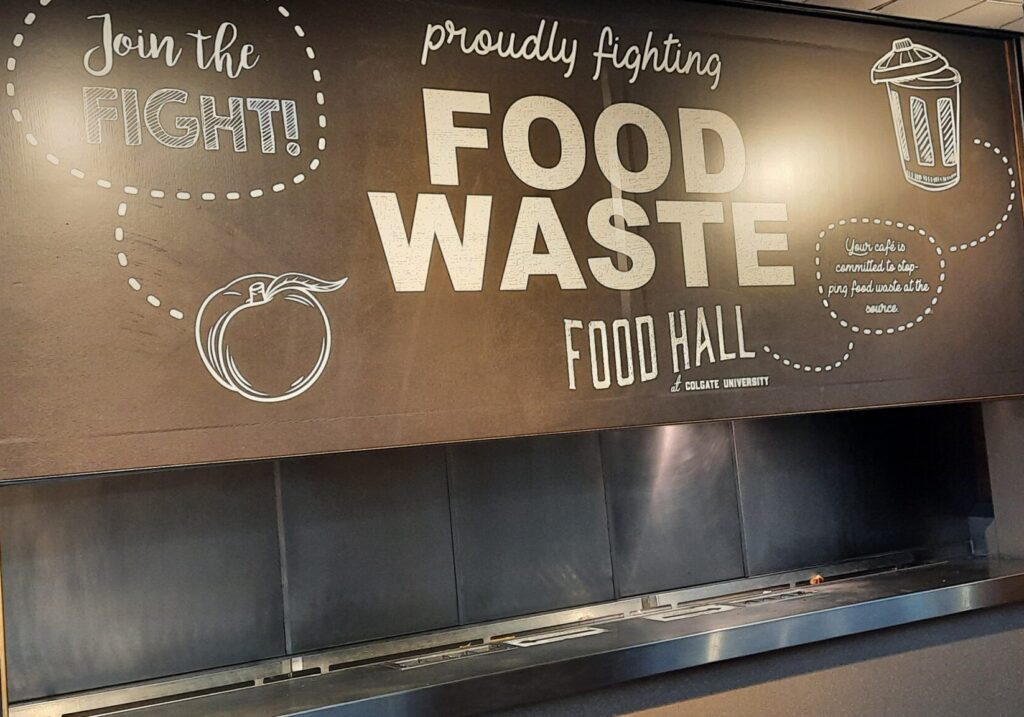Rhode Island
Tackling Wasted Food: 11th Hour Racing’s grant program
According to the Natural Resources Defense Council (NRDC), 40% of food in the USA goes uneaten, valued at approximately $165 billion annually.
When disposed of in a landfill, this food is a significant contributor to greenhouse gases. Rhode Island prioritizes diversion from disposal of food waste to reduce environmental impact.
Rhode Island’s Priorities: Wasted Food Diversion
Rhode Island is just one state prioritizing the recovery of edible food and wasted food diversion. Additionally, the RI Food Strategy, Relish Rhody, includes goals to reduce food insecurity to less than 10% and divert wasted food from landfills.
According to this report, about 35% of all waste disposed at the Rhode Island Resource Recovery Corporation’s (RIRRC) landfill is organic material.

Expanding Support: Boosting Wasted Food Assistance
With new support from 11th Hour Racing’s grant program, funded by The Schmidt Family Foundation, CET will provide even more wasted food assistance to many businesses across the state.
This grant is part of Healthy Soils Healthy Seas Rhode Island, a composting program that aims to inspire long-lasting environmentally responsible behavior necessary to improve ocean health. Additionally, other collaborators include Black Earth Compost, Clean Ocean Access, and The Compost Plant. Compost can be used as a soil amendment for shoreline access erosion control and improving ecosystem services.

Expertise in Action: CET’s Support for Food Businesses
CET is deeply knowledgeable about the regional marketplace and helps food businesses work across the EPA food recovery hierarchy to identify prevention, recovery, and diversion solutions. Additionally, CET seamlessly integrates them into existing operations. Moreover, CET conducts an on-site or virtual meeting to learn more about a business and their unique needs. Then, they provide a customized report with recommendations, all at no cost to the business or institution.
Coryanne Mansell’s
Strategic Services Representative at CETBuilding on Past Support
This effort builds on CET’s work over the past several years in Rhode Island, which has been supported by the Environmental Protection Agency (EPA), Rhode Island Department of Environmental Management (RIDEM), and the United States Department of Agriculture (USDA).
CET’s Resource Development
CET develops resources to help Rhode Island businesses implement long-lasting solutions to wasted food and inspire others. Furthermore, stories can be found on CET’s Sector Spotlights for Rhode Island, which includes features such as University of Rhode Island, Elisha Project, and Riverside Church.
collaborative initiatives
Additionally, following the 2021 Rhode Island Food System Summit, CET partnered with the University of Rhode Island to host a webinar focused on the business case for reducing, rescuing, and recycling wasted food. Moreover, the webinar included members of the Rhode Island restaurant and food recovery community as well as a presentation on CET’s wasted food prevention strategy and resources. Furthermore, entities such as North Restaurant and Stoneacre Brasserie highlighted solutions such as dehydrating peels and making fermented vinegars as simple and effective ways to reduce trimmings and food waste in the kitchen.